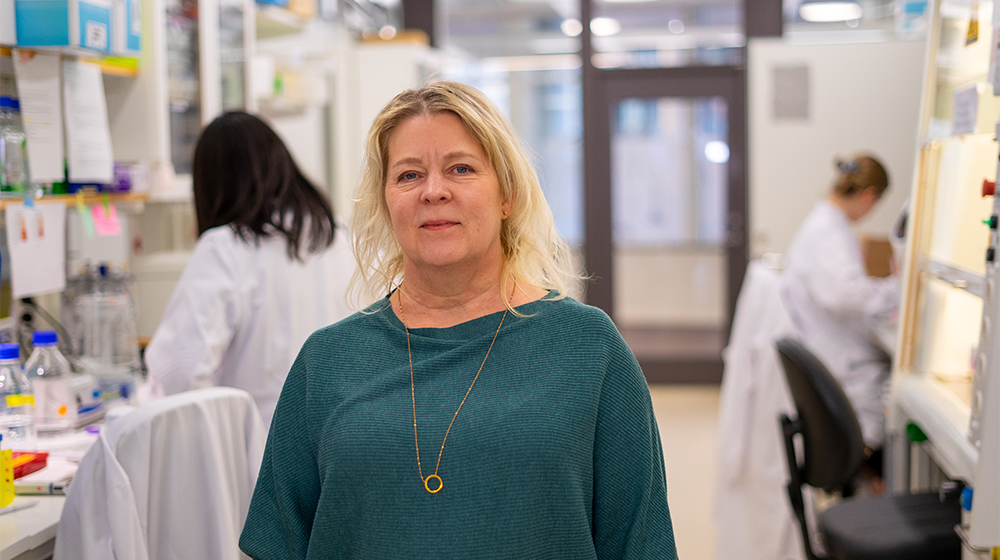Oestrogen in the gut affects immune response to cancer

According to a recent study published by researchers at KTH Royal Institute of Technology, the effect of oestrogen in the gut affects how immune cells penetrate colon tumors.
How tumours infiltrate immune cells influence the body’s ability to fight cancer, and a patient’s chance of survival. While medical research has known that there are gender differences in the immune system, the reason for this remains unclear.
“It is known that premenopausal women are more likely to survive colon cancer than men of the same age,” says Cecilia Williams, professor of proteomics at KTH.
“We have previously seen that women who receive hormone therapy with oestrogen during menopause survive this type of cancer to a greater extent than women who do not. Our study may explain this," Williams says.
The results were published in Cancer Letters by researchers at KTH Royal Institute of Technology, SciLifeLab and Karolinska Institutet.
Increase cancer survival
The researchers compared two groups of mice with tumours: those with the oestrogen receptor beta (ERβ) in their intestinal epithelial cells, and those without the receptor. They found that the oestrogen receptor affects how immune cells infiltrate the tumours.
The researchers had previously found that this same receptor affects certain cytokines that gut cells can send out – and which communicate with the immune system. These substances can attract certain immune cells and help fight tumours.
The hypothesis is that signalling in the surrounding tissue increases the infiltration of immune cells into tumours.
“The findings may have implications for improving immunotherapy, and for understanding how hormones and gender differences affect the immune system,” Williams says. “Understanding what affects this may also allow us to optimise cancer treatment better and increase cancer survival.”
The researchers will now go on to study how oestrogen affects the immune system throughout the gut, under normal conditions and during inflammation. They will also study gender differences in humans and see if this is linked to how people respond to cancer treatments such as immunotherapy.
Text: Jon Lindhe ( jlindhe@kth.se )
